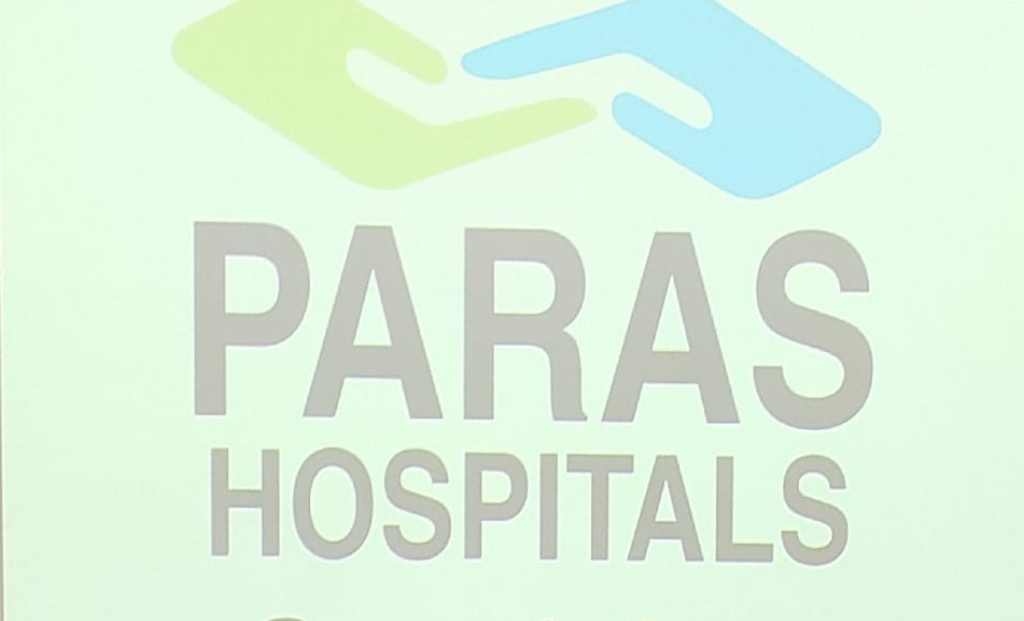Vitamin B Complex Deficiency Identified as Underlying Cause
In a rare and alarming case, a 29-year-old resident of Delhi suffered a major brain stroke as a result of an unhealthy diet, leading to a severe deficiency of vitamin B complex. The patient, who did not consume alcohol or tobacco, appeared to be in good health. However, his overindulgence in unhealthy food and avoidance of home-cooked meals contributed to the development of a significant blood clot in his brain. Fortunately, he arrived at Paras Hospitals in Gurugram during the critical “Golden Hour” after experiencing stroke symptoms.
Timely Thrombolysis Treatment Saves Young Patient’s Life
Shubham Jain (name changed), leading a stress-free life, suddenly experienced left-sided weakness and difficulty walking on April 28th. He was immediately rushed to the Emergency Department (ED) at Paras Hospitals in Gurugram, where he was promptly assessed for acute stroke. The medical team stabilized him and quickly conducted a brain imaging scan, which confirmed a thrombotic stroke. Thrombolysis treatment, involving the administration of a clot-dissolving medication called alteplase, was initiated. Mr. Jain responded well to the treatment and was closely monitored thereafter. Additional investigations revealed an enlarged liver on abdominal ultrasound and abnormally high homocysteine levels, a condition that increases the risk of blood clots.
Dr. Rajnish Kumar, Unit Head & Senior Consultant, Neurology at Paras Hospitals, Gurugram, explained that Mr. Shubham’s critical condition necessitated immediate treatment. Thrombolysis was initiated with the agreement of his family, stabilizing his condition. Dr. Kumar highlighted that individuals with elevated homocysteine levels often have insufficient intake of folic acid, vitamin B6, and vitamin B12. This deficiency can lead to blood clotting in various parts of the body, including the heart and brain. While alcohol consumption and smoking are well-known risk factors for heart attacks and strokes, poor dietary choices can also contribute to such health issues.
Thrombolysis plays a crucial role in reducing the progression of strokes and significantly improves survival chances. However, few patients reach the hospital within the critical timeframe for thrombolysis. Raising awareness among the public about recognizing stroke symptoms and promptly seeking treatment at stroke-ready emergency departments is vital. In Mr. Shubham’s case, his quick arrival at the emergency department within an hour of experiencing a stroke allowed the medical team to save his life, enabling him to leave the hospital without any disability.
The occurrence of strokes among young people under the age of 30 is increasing, with approximately 1.8 million Indians affected by strokes annually. Shockingly, one stroke occurs every 40 seconds in the country, and one-fourth of those affected are under the age of 50. Around 30% of stroke patients in India do not survive, while 60-70% experience varying degrees of disability.
Recognizing the symptoms of a stroke is crucial. The BEFAST acronym can help identify a stroke: B for loss of balance or dizziness, E for vision defects, F for drooping face or facial asymmetry, A for arm or leg weakness, S for speech difficulty, and T for the time to reach a stroke-ready emergency department as soon as possible. Being aware of stroke symptoms and seeking immediate medical attention can significantly reduce disability and prevent fatalities associated with strokes.

